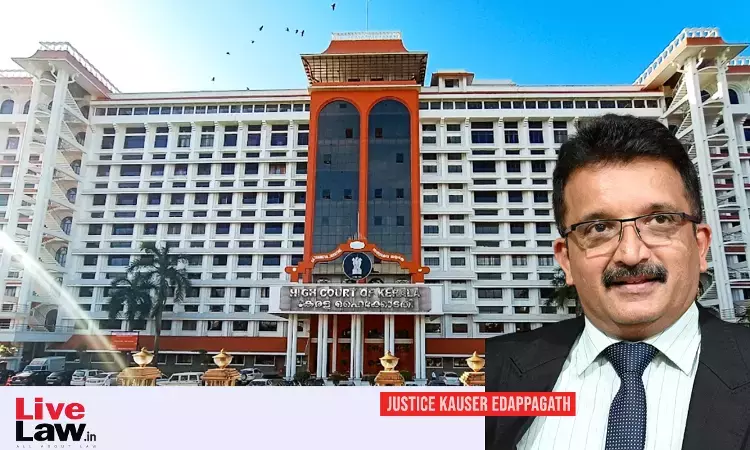The Kerala High Court held that even after the constitution of the Waqf Tribunal, the Civil Court can execute a decree passed by it relating to a waqf dispute.Justice Kauser Edappagath clarified that even after the constitution of the Waqf Tribunal, the Civil Court continues to have jurisdiction to execute both its own decree as well as any decree passed by the Waqf Tribunal.“Even after...

